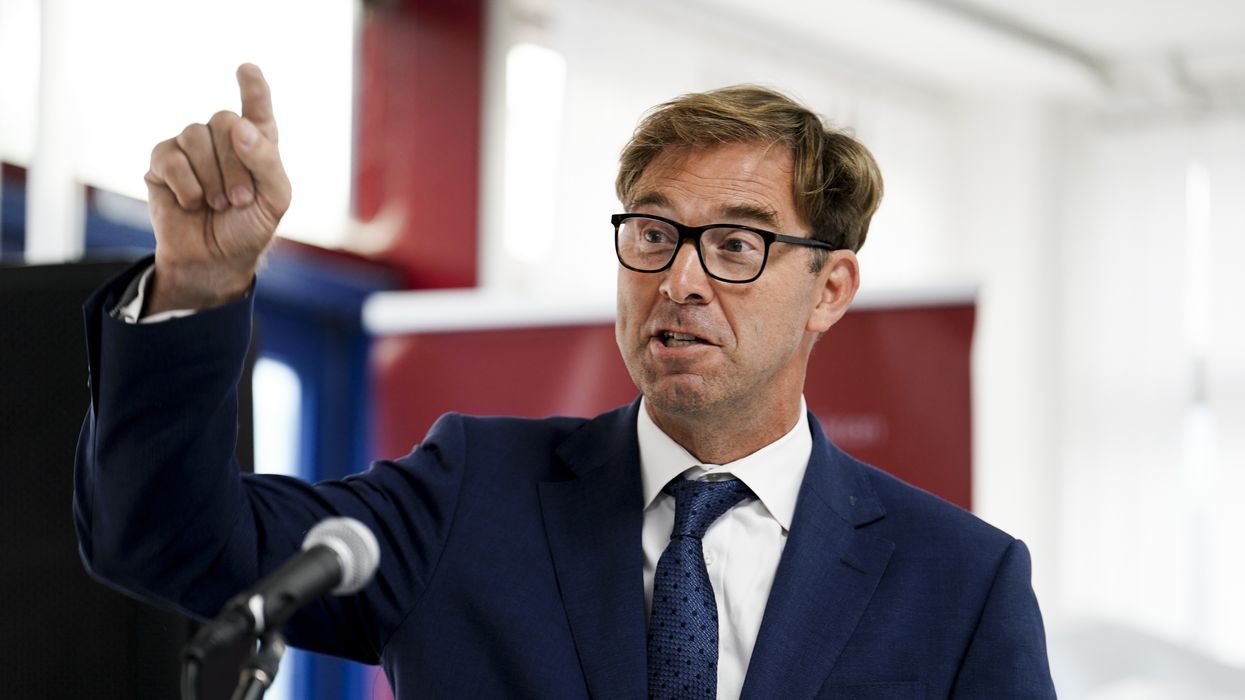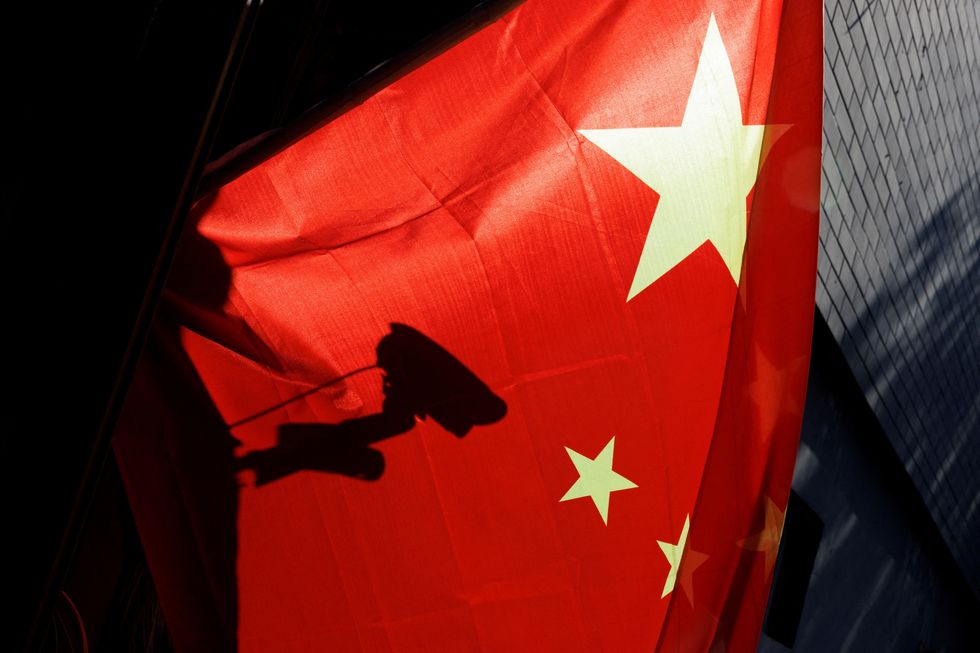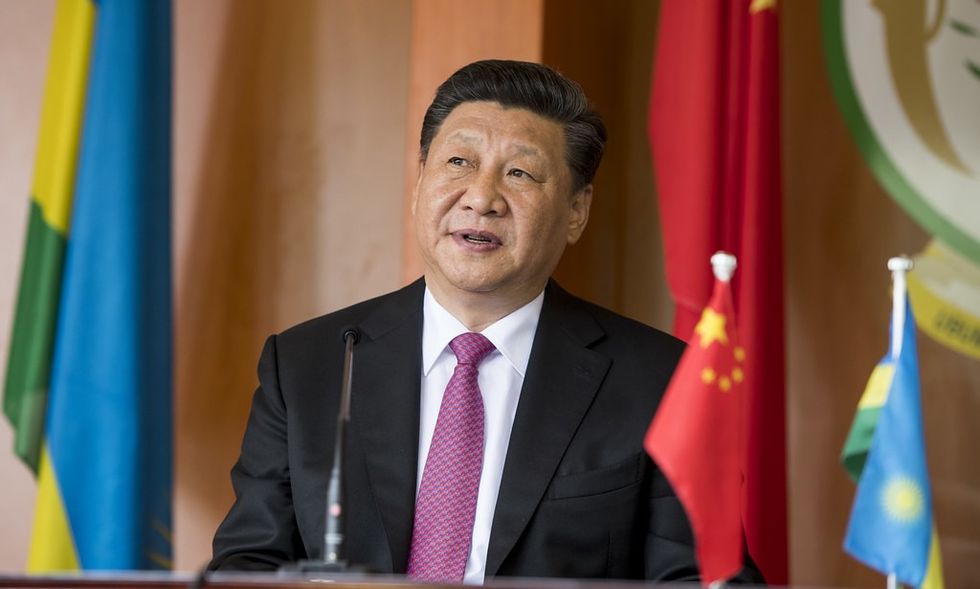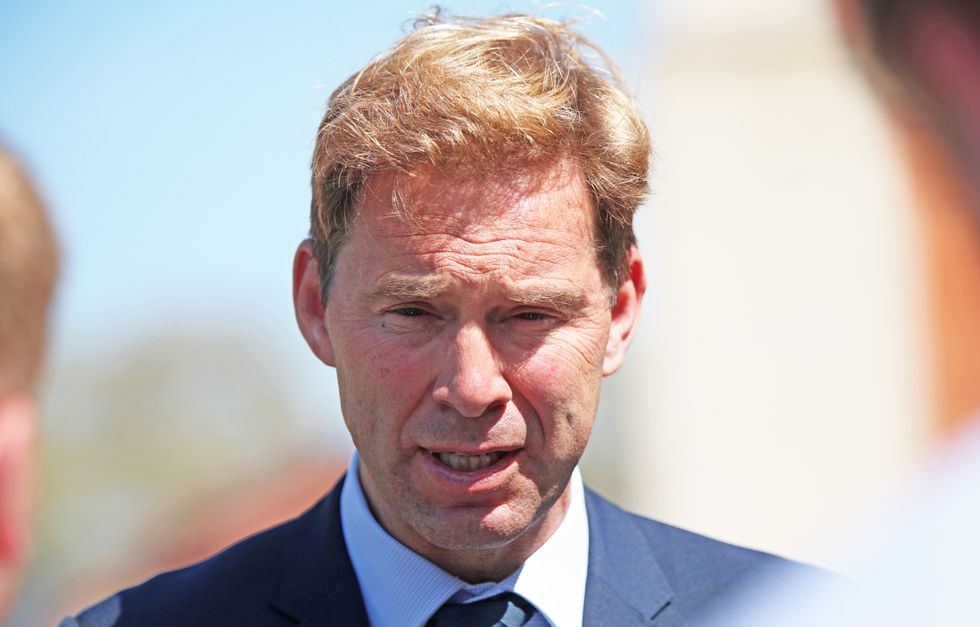‘We have entered a new Cold War with China and we cannot afford to ignore it,’ says Tobias Ellwood

‘We have entered a new Cold War with China and we cannot afford to ignore it,’ says Tobias Ellwood
|PA
‘Our international institutions seem ill-equipped to handle today's challenges’
Don't Miss
Most Read
Latest
Alarm bells are drowning out the sound of Parliamentary division bells right now as a potential breach of security grabs the headlines. Whilst this is a live case, it should not prevent a wider debate, about what China stands for, where it wants to go and how it intends to get there. China’s gargantuan economic rise, its growing geo-political clout and its increased hostility to the West demands it.
When we dare to place all these jigsaw pieces together it's plain to see we have entered a new Cold War, but dare not call it out. Collective Western complacency since the last Cold War has seen autocratic states multiply in recent years.
China has taken full advantage and, along with Russia, is openly pioneering a competing vision – a post-West world order - that we cannot afford to ignore.
China's ambition to disrupt the prevailing liberal standards and values is clear. And it is luring nations, notably those in the Global South, to rally behind its banner.
 A parliamentary researcher has been arrested for spying for China | REUTERS
A parliamentary researcher has been arrested for spying for China | REUTERSGiven that one-fifth of humanity calls China home, its swelling influence is unmistakable.
We're on the cusp of witnessing China challenging or even eclipsing the United States in military, technological, and economic prowess. A modern day Thucydides trap.
There is, however, no magic wand to make China disappear; it's too integral to global affairs, too big militarily and too ready to silence many countries with its debt diplomacy.
Nations that dare to question its actions are met with swift economic and political reprisals.
In 2021, Australia called for a UN inspector team to visit Wuhan after the Covid outbreak – only to be hit by a round of Chinese tariffs on Australian exports.
Where was the rest of the world in condemning this behaviour? Failure to call it out tells China this belligerence can be normalised.

Xi Jinping
| FlickrWe do condemn China’s behaviour from afar, its treatment of the Uighurs, Hong Kong and its aggression in the South China Sea – but nothing robust enough to reverse China’s behaviour.
Our hesitancy, since the Cold War's end, has rendered us ill-prepared for this new geopolitical battleground and on current trajectory our world is at risk of splitting into two distinct spheres of influence, reminiscent of a bygone era but with higher stakes.
Our own concerns about China's surveillance have led to the removal of state-owned entities like Huawei from our critical national infrastructure. But much of the world has not followed suit – why?
China projects its power, both overtly and covertly. The expansive scope of Chinese intelligence activities reveals a nation increasingly perceiving the world through a security-first, zero-sum lens, ready to exploit its assets to gain an edge.
Today's international landscape eerily echoes the tumult of the 1930s. A dearth of cohesive international leadership, a rise in protectionism, looming economic crises, and the ascent of authoritarian power mark our times.

Tobias Ellwood
| PAOur international institutions, designed for post-war realities, seem ill-equipped to handle today's challenges.
The paralysis of the UN, the perceived powerlessness of the WTO, and the G20's muted response - not only to Russia’s invasion of Ukraine but to China’s quiet rise - underscore this.
However, framing China simply as a ‘threat’ oversimplifies this intricate dance of geopolitics. It's not about changing China; it's about understanding and effectively responding to it. The West needs more than just rhetoric and condemnations from afar. Our strategy must evolve to engage, compete, and when necessary, confront China.
Our past risk-averse stance won't suffice. The stakes are too high, the challenges too grave. The world doesn't need another era of chilly detente; it needs an actionable path towards coexistence.
Our China policy requires updating; co-operating with China where there are common goals, competing with China under shared standards and values, and directly confronting and challenging China when the standards and values are ignored.
Catching an alleged Chinese spy in the heart of our Parliament cannot disguise the major turning point in global politics unfolding before our eyes today.
Worse, we are entering a period arguably more volatile than the second half of the 20th century. Once again, there’s a leadership role for Britain to play – repair the United Nations and co-ordinate the G7. Because only a collective, international approach will affect China’s own strategy.
The next chapter of global politics will be written by our actions today. Let's ensure it's one of cooperation, not confrontation. But to achieve that we must, in the words of former US President, Theodore Roosevelt, speak softly but carry a big stick.
Tobias Ellwood is a former Foreign Office and Defence Minister.










